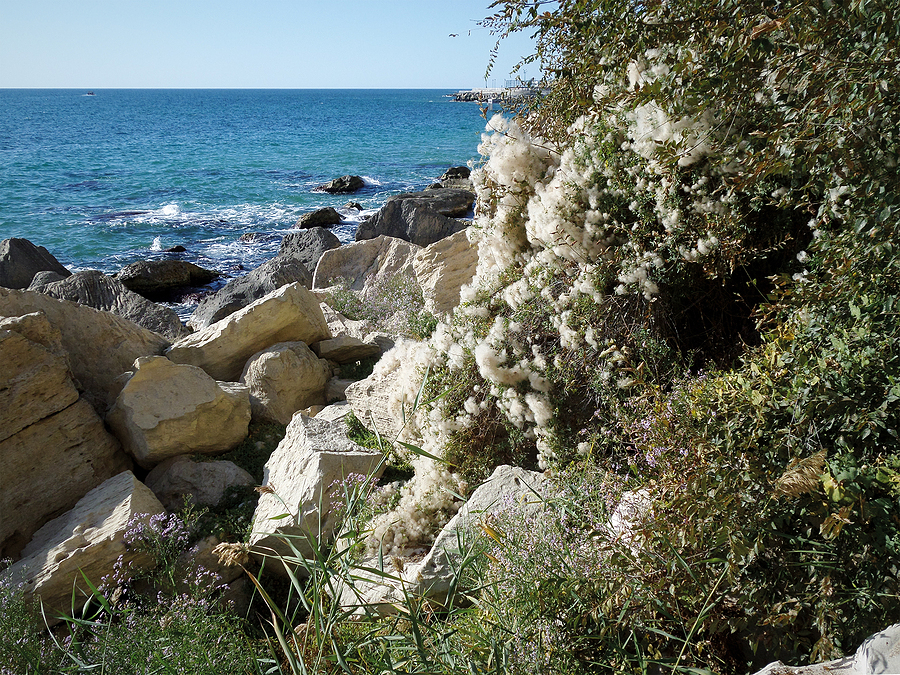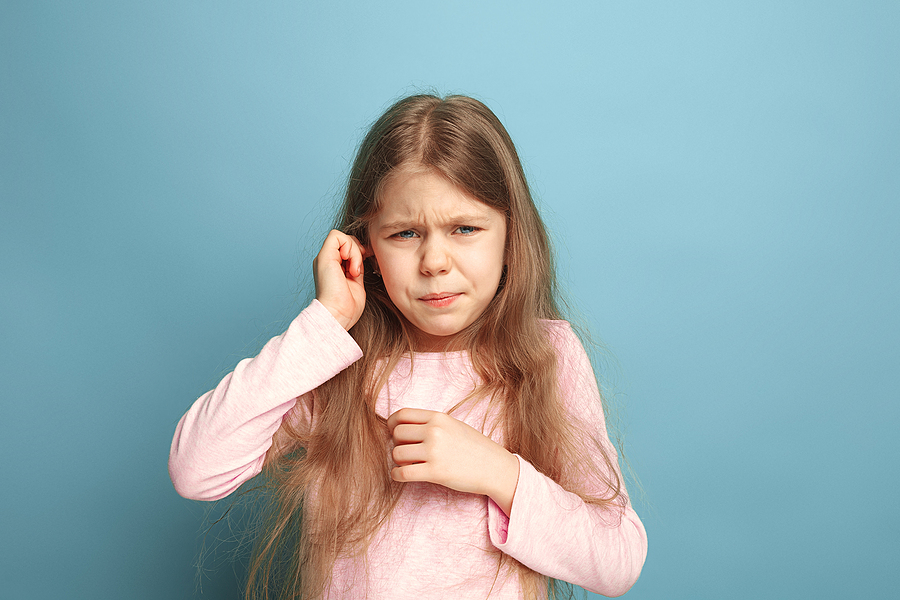Coastal Allergies: Why Living Near the Ocean May Trigger Sinus Issues
Posted By:SSG Admin Posted On:27-Aug-2025
Allergy sufferers who live near the ocean may find relief from the most common flower, tree, and weed pollen allergies due to the breezy conditions and coastal terrain. Pollen spores have a harder time staying in one place when it’s constantly breezy. Plus, trees and plants near the coast need to be suitable for the coastal climate.
The tiny salt crystals in salt air are also beneficial. Studies find that saltwater helps reduce inflammation and aids in cell repair. It also helps thin the mucus.
That’s great news for some people, but there are downsides. In warm, humid areas, mold and mildew allergies are more likely. The same is true of dust mite allergies.
With food stands often lining boardwalks and beaches, there’s a higher risk of hornet or wasp stings. Sand flea bites are another issue.
Here’s something that’s not often discussed. Sinus issues are also an increased risk when you live near the ocean. If you live near the ocean and suffer from sinus infections and other issues, we have tips to help you feel better.
Allergens and Issues Specific to Coastal Living
Some common allergens from trees like pines, grasses like fescue, and weeds like ragweed have a harder time surviving in coastal conditions. That doesn’t mean that the coastline is free from all plant pollen.
1. Coastal Plants
Algae need water to grow, and the ocean and damp surfaces help them thrive. If you are sensitive to algae, it can become airborne and enter the sinuses. There, it irritates and causes inflammation.
Lupine’s towering spires of color are beautiful to look at. They also release pollen that triggers allergies that can trigger sinus problems.
Sagebrush thrives along the Pacific Coast. It’s one of the more common triggers of allergies in the area and is worse in the late summer and fall.
Those are a small number of the flowers, grasses, weeds, and trees found along California’s coast. Several others trigger airborne allergies.
2. Santa Ana and Coastal Winds
Dry, salty air dries out the sinus tissue and increases inflammation. Depending on where you live along the coast, Southern California’s Santa Ana winds are known to be especially dry and strong and tend to stir up dust, any coastal allergens, and pollutants from more industrial areas.
3. Smog
More urban areas of California’s coast are known for air pollution and smog that gets trapped. Aerosol pollutants are particularly bad if you have certain allergies. Smog contains pollutants that irritate your sinuses. If you have asthma, smog can worsen your condition.
4. Fecal Contamination
A 2017 study of California surfers focused on the effects of rainfall and overall health. It’s not tied directly to allergies, but it’s something to consider when you live near the ocean and spend time in the water.
While rain isn’t a big risk, when it happens, it can increase the amount of fecal contamination in ocean water. As runoff and overloaded water treatment plants hit the oceans after heavy rain or snow melt, surfers were experiencing an increase in ear and sinus infections.
5. Humidity
As water evaporates, humidity increases. Higher humidity levels lead to thicker mucus, an increased risk of mold and mildew growth in and around your home, and dust mites.
6. Dust Mites
Dust mite allergies are a concern as dust mites thrive in humidity. When you live in a coastal area and humidity levels over 50% are ideal for dust mites. They also love temperatures of 65ºF to 85ºF.
7. Wildfire Smoke
The other problem with coastal living is another problem that comes and goes. When there’s a wildfire near the coast, cases of sinusitis increase. The ashes and smoke irritate the sinus lining and lead to inflammation and even sinus infections that need medical treatment.
Tips for Managing Allergies and Sinus Issues
When you live on the coast, you need to learn effective techniques for managing your allergies and sinus issues. We offer tips to help you enjoy time outside on the beach and inside your home.
1. Keep Humidity Levels Low
Invest in dehumidifiers or an HVAC system that manages humidity levels within your home. You especially need to keep humidity levels below 50% in rooms you spend the most time in, such as your bedroom, living or family room, and home office.
2. Change HVAC Air Filters Regularly
If you have an HVAC system, change air filters regularly to prevent sending mold spores, allergens, pet dander, and dust mites through the indoor air. Regular air filter changes also keep your HVAC system working properly.
3. Use Saline Nasal Sprays or Rinses
Saline spray and products like neti pots help keep your sinuses healthy. The saline moistens the sinus tissue and thins the mucus. With thinner mucus, your sinuses are able to flush out pollen and other allergens.
4. Stay Hydrated
Drinking plenty of water every day is important. The older eight-cup water guideline has changed over the years. The current guidelines are 2.7 liters for women and 3.7 liters for men. That breaks down to about 15 ½ cups of water for men and 11 ½ cups for women.
If you’re sweating profusely due to a more active lifestyle, more might be necessary to replace the amount you lose in perspiration. Make sure you’re also replacing that lost fluid with electrolytes.
Keep in mind that about 20% of the water you need comes from the foods you eat. If you eat water-rich foods like tomatoes, cucumbers, melons, grapes, berries, etc., some of your water intake comes from those foods.
5. Wear a Mask When You’re Outside
Before you head out, check the current air quality at AirNow.gov. If it’s into the orange or red zones, wear a mask. If you’re susceptible to sinus problems from smoke, pollen, or smog, wear a mask if the levels are even slightly elevated.
Undergo Professional Allergy Testing
Find out what your allergies are. Undergoing allergy tests with a professional allergist is important. The more you know about your allergies, the easier it is to find lasting relief from sinus issues.
Immunotherapy is one of the possible treatments for your allergy symptoms. Slow exposure to a diagnosed allergen helps your body learn how to react to the allergen correctly. Allergy shots are one possibility, but there are also sublingual tablets or drops if you have a fear of needles.
Frequent or severe sinus issues related to allergies don’t have to be something you deal with. Schedule an appointment with Premium Allergy and Respiratory Center. You don’t have to avoid the outdoors. Dr. Sabry works with you to find lasting solutions that help you breathe easily and avoid constant sinus inflammation.





